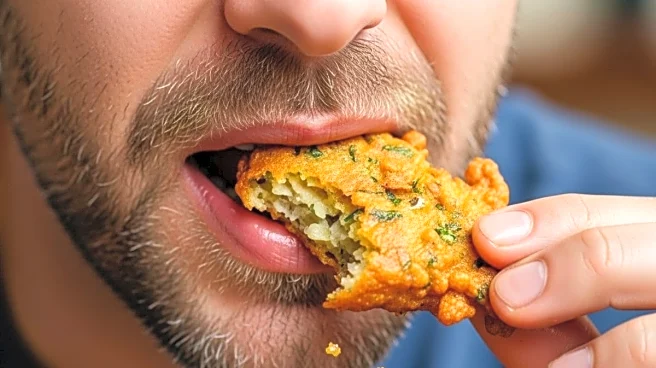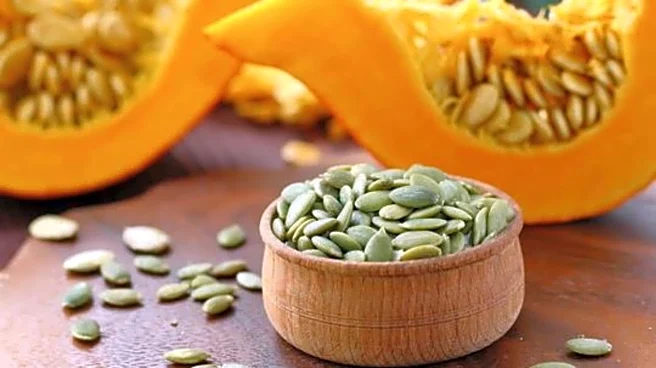Snacking is an integral part of Indian culture. From chai-time pakoras to street-side chaats, our cravings often come wrapped in nostalgia and spice. But while these snacks bring comfort, they might also be taking a silent toll on our digestive health. Experts warn that frequent consumption of fried, processed, and refined foods can disturb the gut microbiome – the community of good bacteria that forms the foundation of our immunity, metabolism, and overall well-being.
When Snacks Turn Against The Gut
“Many of today’s popular options are fried, refined, and loaded with salt or sugar. This can disrupt the gut microbiome and weaken the intestinal barrier over time. A compromised gut barrier not only affects digestion but also plays a role in inflammation, obesity, and chronic
diseases,” says Dr. Srishti Goyal, Consultant Dietitian at Ujala Cygnus Group of Hospitals, Kurukshetra.
This barrier, often called the gut’s ‘defence wall,’ protects the body from harmful microbes and toxins. When weakened, it allows unwanted particles to enter the bloodstream by triggering inflammation and increasing the risk of metabolic and immune-related disorders.
Dr. Neerja Hajela, Head of Science and Regulatory Affairs at Yakult Danone India Pvt. Ltd., adds that our fast-paced lives and easy access to convenience foods have accelerated this imbalance. “Today’s refined-carb and high-fat snacks can gradually disrupt the gut’s delicate balance and weaken the intestinal barrier. Over time, this doesn’t just cause bloating or discomfort; it can also raise the risk of obesity, diabetes, and heart disease,” she explains.
The Better Snack Strategy
Experts agree that the key lies in going back to traditional, wholesome options that naturally support gut health. “Choosing fibre-rich and fermented snacks like roasted chana, poha, or homemade pickles can help nourish healthy gut bacteria,” says Dr. Goyal. Meanwhile, Dr. Hajela recommends incorporating probiotic-rich foods such as curd, buttermilk, and fermented pickles along with fibre-rich options like sprouts, fruits, vegetables, millets, and whole grains.
Dr. Prerna Goyal, Sr. Consultant, Internal Medicine at RG Hospitals, Ludhiana, points out that hydration plays a critical role too. “Given how salty and dehydrating many Indian snacks are, drinking at least two litres of water daily helps maintain gut barrier integrity and motility,” she advises.
She adds that snacks like chips, pakoras, samosas, and packaged namkeen, when consumed frequently, introduce excess refined oils and additives that can inflame the gut and weaken its lining. “Many people experience bloating or fatigue without realising these are early signs of an unhealthy gut environment shaped by poor dietary choices,” she warns.
Building A Healthier Relationship With Snacks
The good news? Your gut can recover. Shifting towards mindful snacking by swapping processed foods for roasted legumes, nuts, fruits, or fermented bites can help restore balance and strengthen the intestinal barrier. Giving the digestive system time to rest between meals also improves gut function and overall metabolism.
Ultimately, nurturing gut health isn’t about giving up taste. It’s about finding smarter, culturally rooted choices that work with your body, not against it. With every mindful snack, you’re not just curbing hunger; you’re investing in your long-term vitality.







/images/ppid_a911dc6a-image-177088805007765911.webp)






/images/ppid_a911dc6a-image-177088803864211353.webp)
/images/ppid_59c68470-image-177088756453137106.webp)

